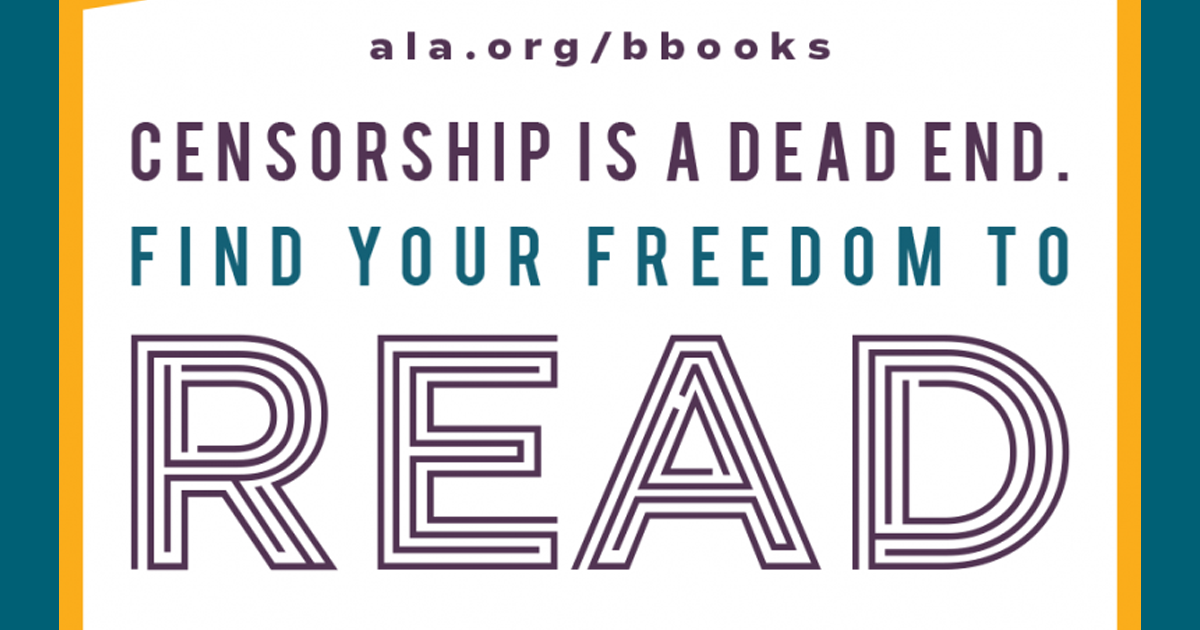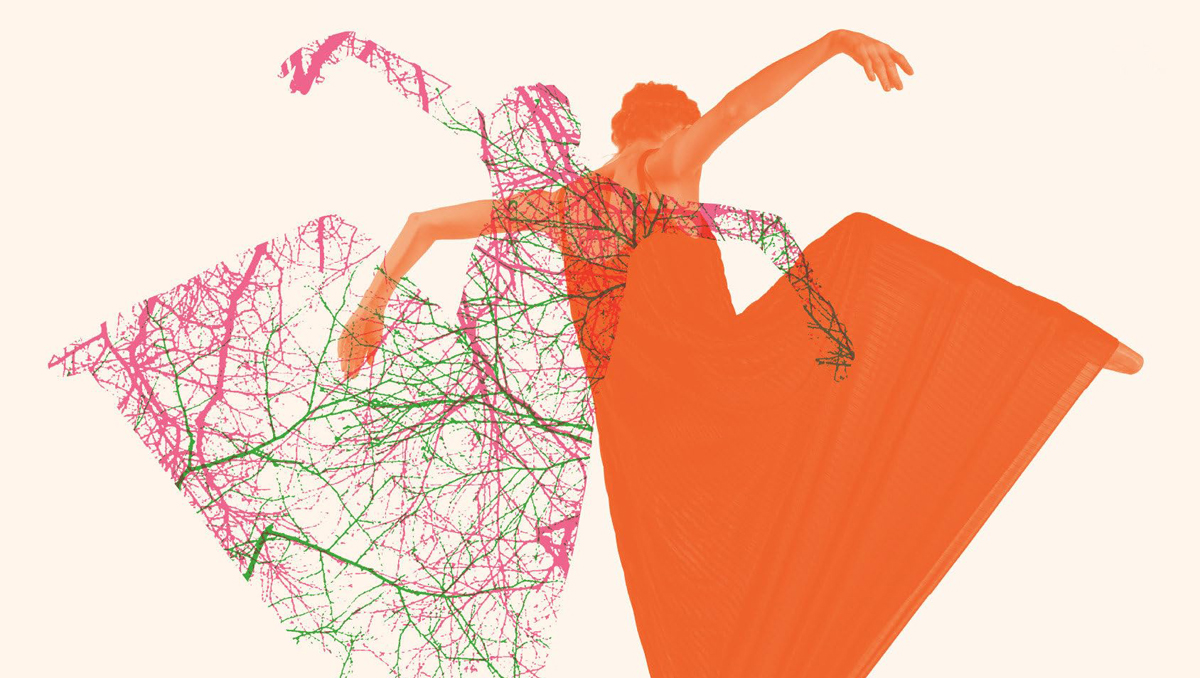It’s Banned Books Week, when we celebrate the freedom to read and spotlight current and historical attempts to censor books in libraries and schools. For 40 years, this annual event has brought together the entire book community in shared support of the freedom to seek and to express ideas, even those some consider unorthodox or unpopular.
The books featured during Banned Books Week have all been targeted for removal or restriction in libraries and schools. By focusing on efforts across the country to remove or restrict access to books, we can draw national attention to the harms of censorship. Last year, American Library Association’s (ALA) Office for Intellectual Freedom (OIF) tracked 729 challenges to library, school, and university materials and services, resulting in more than 1,597 individual book challenges or removals. Most targeted books were by or about Black or LGBTQIA+ persons. It was the highest number of attempted books bans since ALA began compiling these lists 20 years ago.
Each year, OIF releases a list of the top 10 most challenged books. We can think of no better way for everyone to kick-off Banned Books Week than by reading, recommending, and sharing these books with friends, family, and colleagues.
The 2021 list includes:
- Gender Queer, by Maia Kobabe. Banned, challenged, and restricted for LGBTQIA+ content and because it was considered to have sexually explicit images.
- Lawn Boy, by Jonathan Evison. Banned and challenged for LGBTQIA+ content and because it was considered to be sexually explicit.
- All Boys Aren’t Blue, by George M. Johnson. Banned and challenged for LGBTQIA+ content, profanity, and because it was considered to be sexually explicit.
- Out of Darkness, by Ashley Hope Perez. Banned, challenged, and restricted for depictions of abuse and because it was considered to be sexually explicit.
- The Hate U Give, by Angie Thomas. Banned and challenged for profanity, violence, and because it was thought to promote an anti-police message and indoctrination of a social agenda.
- The Absolutely True Diary of a Part-Time Indian, by Sherman Alexie. Banned and challenged for profanity, sexual references, and use of a derogatory term.
- Me and Earl and the Dying Girl, by Jesse Andrews. Banned and challenged because it was considered sexually explicit and degrading to women.
- The Bluest Eye, by Toni Morrison. Banned and challenged because it depicts child sexual abuse and was considered sexually explicit.
- This Book is Gay, by Juno Dawson. Banned, challenged, relocated, and restricted for providing sexual education and LGBTQIA+ content.
- Beyond Magenta, by Susan Kuklin. Banned and challenged for LGBTQIA+ content and because it was considered to be sexually explicit.
For more information about censorship in libraries and schools, visit the OIF website.
Books lovers unite against censorship
This Banned Books Week, stand with ALA in the fight against book challenges and banning across the U.S. by joining Unite Against Book Bans, a national campaign of readers against book censorship.
There is broad and bipartisan opposition to book removal efforts in both local public libraries and school libraries. People acknowledge that readers of all ages need to have access to a variety of books, and they agree that parents should make decisions for their own children, but not for other parents’ children.
This campaign will bring together people from across the country who are opposed to book banning. Together, we will raise our voices for everyone’s freedom to read.
Visit Unite Against Book Bans for more information about book banning in the US, access to toolkits to help fight censorship, and to record a video message voicing your opposition to book bans.


